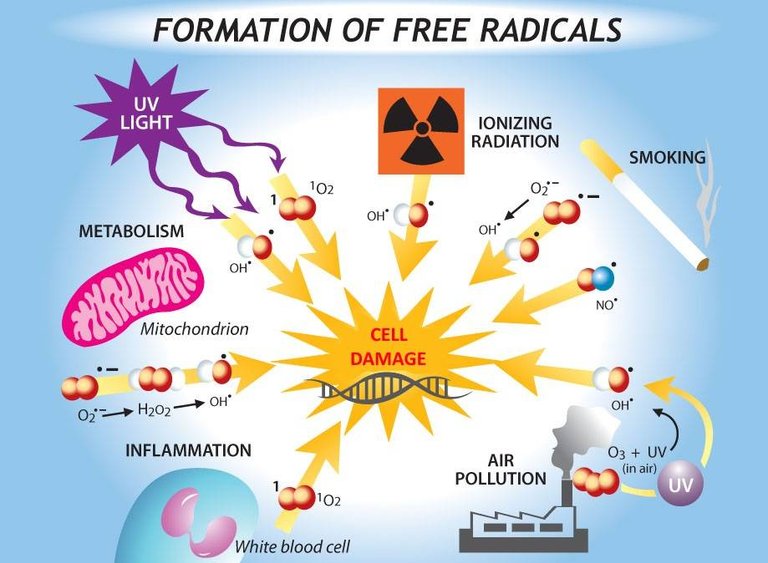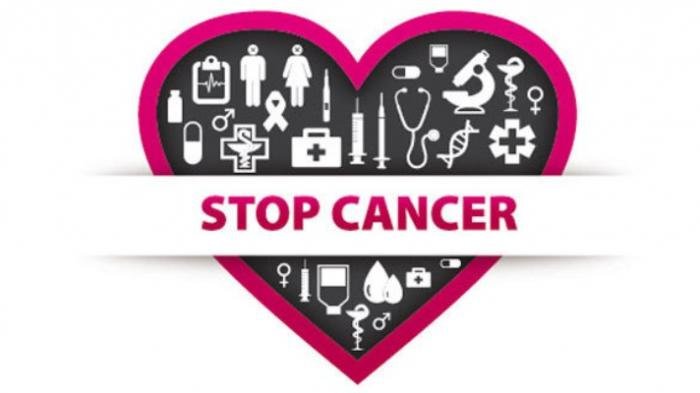Screening and diagnostic testing can affect the incidence of certain cancers and result in "self-fulfilling" risk factors associated with those cancers, according to a new essay by two major figures in the US cancer scene.
For example, female sex is considered a prominent risk factor for thyroid cancer because women are three times more likely to be diagnosed with it than men in the United States. But women also are more likely to access health services and undergo related imaging tests. Importantly, thyroid cancer mortality is nearly identical between men and women, which suggests that sex as a risk factor is "more apparent than real," say the essayists.
Prostate cancer, melanoma, breast cancer, and, most recently, lung cancer are also examples of "scrutiny-dependent" cancers that have risk factors that are skewed by that scrutiny, say the essayists.
Dr Welch and Dr Brawley say that cancer risk-factor epidemiology needs to change in order to make risk factors more "meaningful" and appropriate.
"When clinicians hear the word 'risk factor,' I'd like them to reflexively ask 'Risk factor for what?' In the case of these cancers at least, risk factors for cancer death may be very different that risk factors for cancer diagnosis," Dr Welch told Medscape Medical News.
Prostate cancer is the "poster child" of scrutiny-dependent cancer, say the essayists. The incidence of prostate cancer skyrocketed in the mid-1980s and early 1990s and then declined steadily in the following decades. "No known tumor biology or carcinogenic process can explain its rapid risk and quick decline," write Dr Welch and Dr Brawley.
"It all depends on how hard we look for them and how big the reservoir of undetected disease is," he said.
Risk factor epidemiology must shift away from diagnosis to "harder" outcomes that are more "directly related to the disease process," and death is the best candidate because it is least ambiguous, say Dr Welch and Dr Brawley.
"As cancer diagnosis becomes increasingly sensitive to observer scrutiny, we hope that those investigating the risk for this disease focus on risk factors for death from cancer and not cancer diagnosis," they conclude.



Source: https://www.medscape.com/viewarticle/890785
Not indicating that the content you copy/paste is not your original work could be seen as plagiarism.
These are some tips on how to share content and add value:
Repeated plagiarized posts are considered spam. Spam is discouraged by the community, and may result in action from the cheetah bot.
Creative Commons: If you are posting content under a Creative Commons license, please attribute and link according to the specific license. If you are posting content under CC0 or Public Domain please consider noting that at the end of your post.
If you are actually the original author, please do reply to let us know!
Thank You!
More Info: Abuse Guide - 2017.